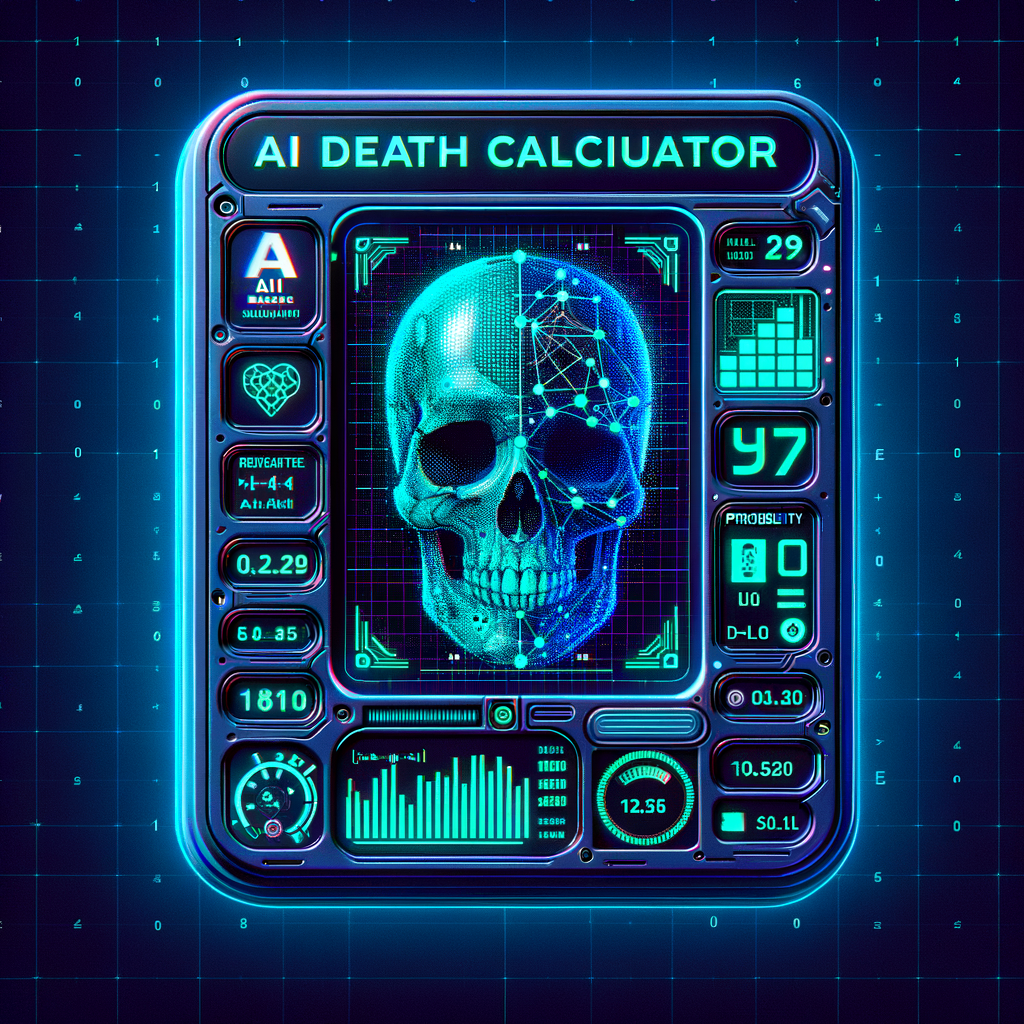In a world where technology constantly pushes the boundaries of innovation, a recent breakthrough in artificial intelligence (AI) has stirred both excitement and contemplation. Researchers in Denmark have introduced a novel AI system, named life2vec, capable of predicting various aspects of human life, including the inevitable: death.
Data-Driven Precision
While the concept may seem both intriguing and somewhat unsettling, the life2vec model stands out for its unique approach in treating human lives akin to a language waiting to be decoded. Developed by Danish researchers over four years, this machine-learning marvel utilizes a plethora of data, including birth dates, sex, employment, location, and even the usage of the country’s universal healthcare system.
The standout feature of life2vec is its impressive accuracy in predicting mortality, boasting a success rate of over 78%. This surpasses traditional predictive methods such as actuarial tables and other machine-learning tools. The implications of this breakthrough are profound, as it opens up new possibilities for understanding and analyzing the trajectories of individuals’ lives.

Social Science Marvel
Matthew Salganik, a professor of sociology at Princeton University specializing in computational social science, expressed his excitement about the study, noting that the developers of life2vec employed a unique style not seen before in similar research. The model’s ability to connect personality traits with life events further adds to its potential applications.
Life2vec’s flexibility in model architecture allows for easy adaptation and fine-tuning, making it a promising tool for predicting various unexplored aspects of human life. Beyond mortality predictions, the system demonstrated a 73% accuracy rate in predicting international moves and personality traits, showcasing its versatility.
One particularly noteworthy aspect is the interest from medical professionals seeking to develop health-related versions of life2vec. The potential applications in uncovering population-level risk factors for rare diseases highlight the broader impact this AI system could have on healthcare and public health.

Biases and Complexities
The creator of life2vec, Lehmann, envisions using the tool to uncover hidden societal biases, shedding light on unexpected connections between professional advancement, age, country of origin, and the impact of relationships on quality of life and salary. The AI system holds the promise of not only predicting the future but also contributing to a deeper understanding of the complexities that shape human lives.
Life2vec represents a groundbreaking leap in the realm of AI, offering a unique and effective approach to predicting various life events. While the idea of predicting one’s death might be unsettling, the broader applications of this technology in healthcare, sociology, and beyond present a future where AI plays a pivotal role in unraveling the mysteries of human existence.
Stay tuned to Brandsynario for more.











































